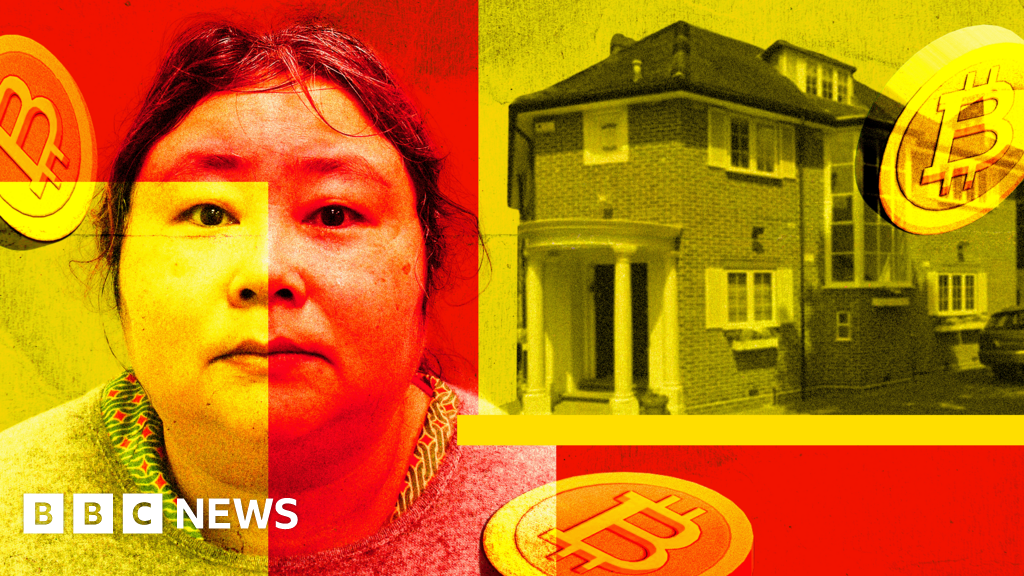When a modern browser sends a HTTP request to a web server, it includes the following header:
Accept-Encoding: gzip, deflate, br, zstdThis tells the server that the response can be compressed using one of the following compression algorithms: gzip and deflate (oldest, very similar), brotli and zstandard.
If your server is written in Go, which algorithm should you use?
I wondered that myself so I decided to test it. I measured compression time and the size of a compressed data.
In benchmarking it’s important to pick a representative sample.
I’m currently working on Edna - a scratchpad and note-taker for developers and power users, like myself (this very article was written in Edna).
It’s an SPA written in Svelte. After bundling and optimizing I get ~640 kB index.js which is a good test case for a real-life, production, optimized JavaScript.
Here are results of compression test:
found index-YpZ0JZes.js of size 639861 (640 kB) compressing with gzip compressing with brotli: default (level 6) compressing with brotli: best (level 11) compressing with zstd level: better (3) compressing with zstd level: best (4) gzip: 200746 (201 kB) in 12 ms brotli default: 206298 (206 kB) in 18 ms brotli best: 183887 (184 kB) in 977 ms zstd better: 106458 (106 kB) in 3 ms zstd best: 93966 (94 kB) in 14 msthe winner is: zstd level 3
zstd level 3 is a clear winner: it achieves much better compression ratio than gzip/brotli and much faster speeds.
If you want the absolute smallest files, zstd level 4 has a slight edge over level 3 but at a cost of much higher compression times.
the code
We use the following Go libraries:
- github.com/andybalholm/brotli for brotli
- github.com/klauspost/compress for gzip and zstd
The code of benchmark function:
func benchFileCompress(path string) { d, err := os.ReadFile(path) panicIfErr(err) var results []benchResult gzipCompress := func(d []byte) []byte { var buf bytes.Buffer w, err := gzip.NewWriterLevel(&buf, gzip.BestCompression) panicIfErr(err) _, err = w.Write(d) panicIfErr(err) err = w.Close() panicIfErr(err) return buf.Bytes() } zstdCompress := func(d []byte, level zstd.EncoderLevel) []byte { var buf bytes.Buffer w, err := zstd.NewWriter(&buf, zstd.WithEncoderLevel(level), zstd.WithEncoderConcurrency(1)) panicIfErr(err) _, err = w.Write(d) panicIfErr(err) err = w.Close() panicIfErr(err) return buf.Bytes() } brCompress := func(d []byte, level int) []byte { var dst bytes.Buffer w := brotli.NewWriterLevel(&dst, level) _, err := w.Write(d) panicIfErr(err) err = w.Close() panicIfErr(err) return dst.Bytes() } var cd []byte logf("compressing with gzip\n") t := time.Now() cd = gzipCompress(d) push(&results, benchResult{"gzip", cd, time.Since(t)}) logf("compressing with brotli: default (level 6)\n") t = time.Now() cd = brCompress(d, brotli.DefaultCompression) push(&results, benchResult{"brotli default", cd, time.Since(t)}) logf("compressing with brotli: best (level 11)\n") t = time.Now() cd = brCompress(d, brotli.BestCompression) push(&results, benchResult{"brotli best", cd, time.Since(t)}) logf("compressing with zstd level: better (3)\n") t = time.Now() cd = zstdCompress(d, zstd.SpeedBetterCompression) push(&results, benchResult{"zstd better", cd, time.Since(t)}) logf("compressing with zstd level: best (4)\n") t = time.Now() cd = zstdCompress(d, zstd.SpeedBestCompression) push(&results, benchResult{"zstd best", cd, time.Since(t)}) for _, r := range results { logf("%14s: %6d (%s) in %s\n", r.name, len(r.data), humanSize(len(r.data)), r.dur) } }.png)




